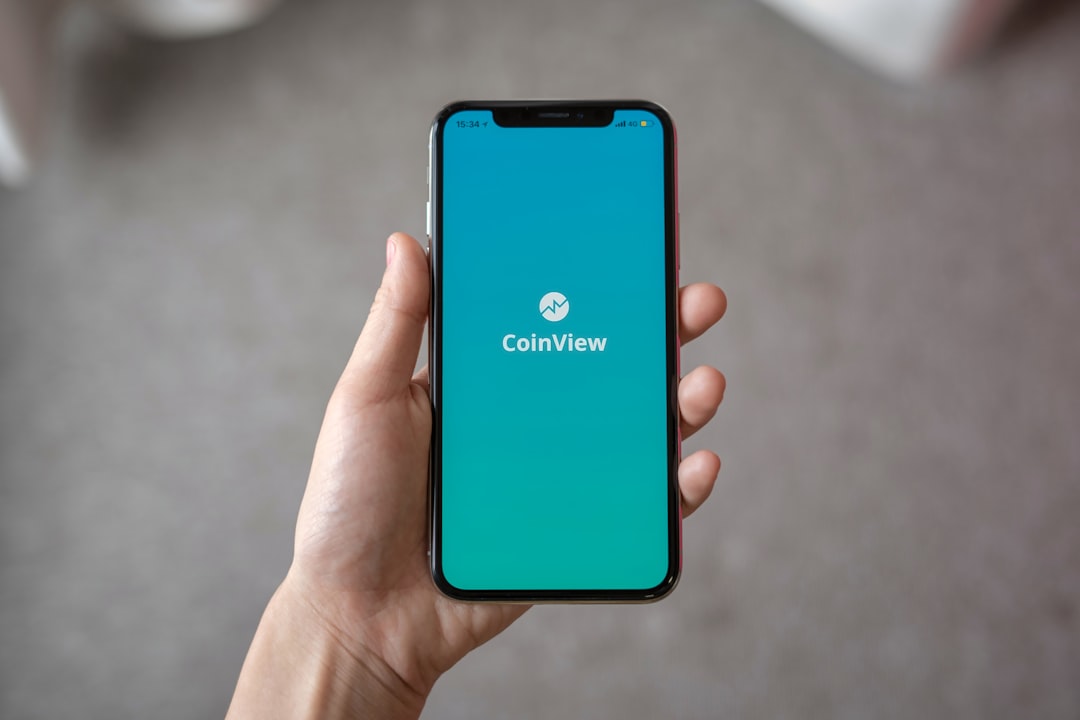North Dakota has strict robocall regulations, with businesses and political campaigns needing explicit consent for most automated calls, except in emergencies. Robocall attorneys in North Dakota help organizations comply with laws like the Consumer Telephone Protection Act (CTPA), avoiding fines and lawsuits from state authorities or local robocall attorneys. These specialists ensure responsible marketing practices amidst rising automation while protecting individuals from unwanted calls. Consumers can report harassing robocalls and seek legal remedies, with strategic steps like maintaining up-to-date do-not-call lists and consulting robocall attorneys North Dakota to mitigate risks.
In the digital age, robocalls have become a ubiquitous yet unwanted nuisance. Bismarck, North Dakota, like many places, has strict regulations in place to protect consumers from intrusive automated calls, specifically through the Do-Not-Call list and associated laws. This article delves into the significant consequences of violating these laws, highlighting legal repercussions for robocallers and empowering residents with rights and resources. With strategies to avoid and mitigate robocalls, it serves as a guide for both consumers and robocall attorneys in North Dakota navigating this complex landscape.
Understanding Robocall Regulations in North Dakota

In North Dakota, robocall regulations are designed to protect residents from unsolicited phone marketing calls, commonly known as robocalls. The state has specific laws in place that govern how businesses and political organizations can contact consumers. These rules ensure a balance between communication efforts and individual privacy rights. One key aspect is the requirement for explicit consent before making automated calls, except under certain exceptions like emergency situations or calls made on behalf of government agencies.
Robocall attorneys in North Dakota specialize in navigating these regulations to help businesses and political campaigns comply with the law. They provide guidance on crafting effective consent mechanisms, such as opt-in forms and clear disclosures, to ensure compliance without hindering communication strategies. Understanding these legal frameworks is crucial for organizations aiming to engage with North Dakota residents while avoiding penalties associated with robocall violations.
The Impact of Violating Do-Not-Call Lists and Laws

Violating do-not-call lists and laws in Bismarck, North Dakota, can have significant consequences for businesses and individuals alike. When telemarketers or robocallers ignore registered opt-out requests, they risk facing legal repercussions from both state authorities and robocall attorneys based in North Dakota. Fines and penalties are common outcomes, with amounts varying based on the number of violations and the severity of the infractions.
Moreover, individuals whose privacy is invaded by unwanted robocalls can file complaints, leading to potential lawsuits against the offending companies. In a state like North Dakota, where consumer protection laws are stringent, these legal actions can result in substantial monetary damages for violators. Robocall attorneys specializing in North Dakota law play a crucial role in guiding clients through these complex issues, ensuring compliance with local regulations and protecting individuals from invasive marketing tactics.
Legal Consequences for Robocallers in Bismarck

In Bismarck, as in many parts of North Dakota, there are strict regulations in place to curb excessive and unsolicited automated phone calls, known as robocalls. These laws protect residents from unwanted marketing calls, ensuring their privacy and peace of mind. Violating these rules can have significant legal repercussions for robocallers and their associated businesses.
Robocall attorneys in North Dakota play a crucial role in navigating this complex landscape. They help companies understand and comply with the state’s Consumer Telephone Protection Act (CTPA), which prohibits automated calls unless the caller has obtained prior express consent from the recipient. Attorneys can guide robocalling operations on how to obtain valid consent, ensuring they avoid penalties such as fines, injunctions, and class-action lawsuits. These legal consequences serve as deterrents, encouraging responsible marketing practices in the age of automation.
Protecting Consumers: Rights and Resources

In Bismarck, as across North Dakota, consumers have rights and resources to protect them from harassing or deceptive robocalls. Violations of state and federal robocall laws can result in significant penalties for businesses and their attorneys. Consumer protection agencies, like the Federal Trade Commission (FTC), enforce regulations designed to curb excessive or unauthorized automated telephone marketing.
Robocall attorneys in North Dakota play a crucial role in ensuring compliance with these rules. They assist businesses in navigating complex legal landscapes, helping them understand permissible practices and implement effective do-not-call measures. Consumers who experience robocalls despite registering on the National Do-Not-Call Registry can report these incidents to regulatory bodies or seek legal counsel from robocall attorneys in North Dakota for potential remedies.
Strategies to Avoid Robocalls and Mitigate Risks

To avoid and mitigate the risks associated with robocalls, individuals and businesses in Bismarck, North Dakota, should consider several strategic steps. First, implementing robust do-not-call lists and regularly updating them is essential. This involves adhering to national and state guidelines, such as registering for the National Do Not Call Registry. Additionally, employing advanced call screening and blocking technologies can significantly reduce unwanted calls.
Moreover, engaging the services of robocall attorneys North Dakota can provide specialized legal guidance and representation. These experts can help navigate the complex landscape of robocall regulations and ensure compliance. They can also assist in drafting comprehensive agreements with third-party call centers to prevent unauthorized automated dialing campaigns. Regularly reviewing and updating privacy policies and terms of service is another proactive measure to safeguard against robocalls, protecting both personal information and business operations.






